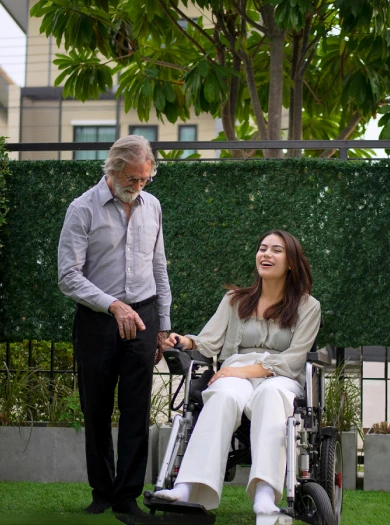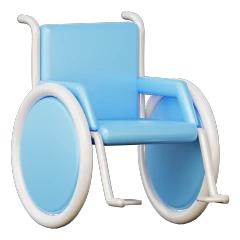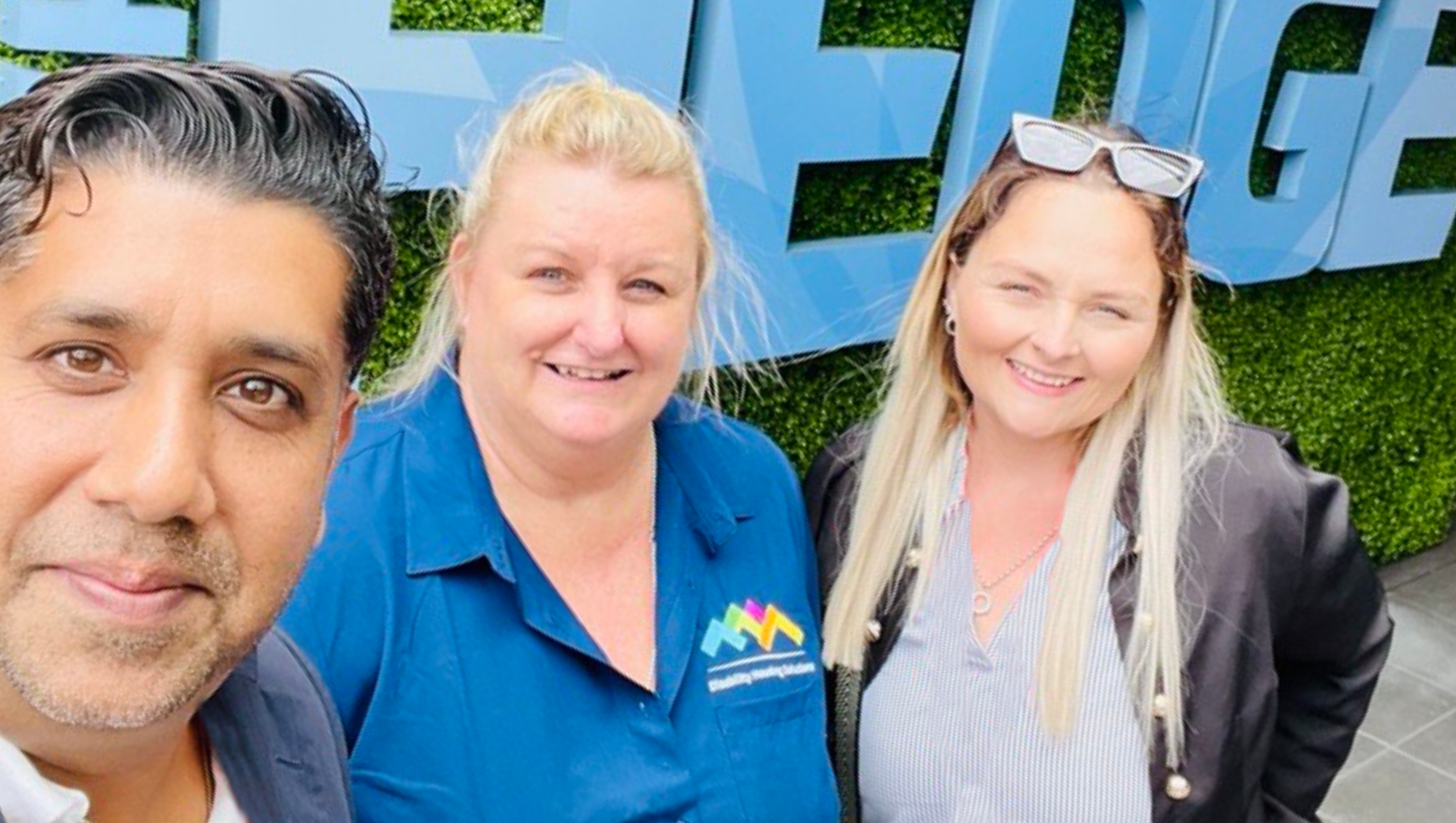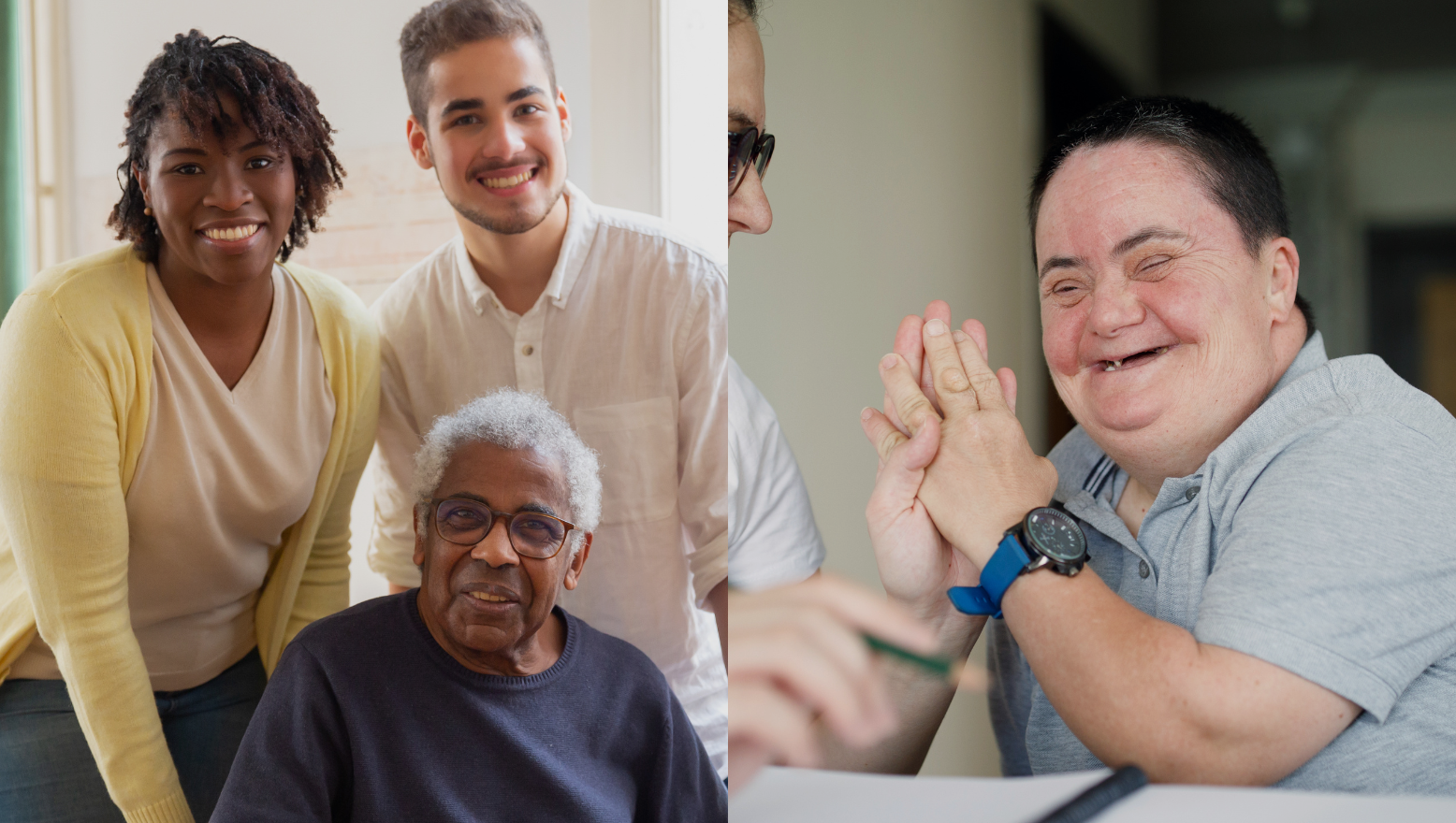Compassionate disability support services including in-home and community care and supported independent living.
Welcome to our brand evolution! Afea Care Services is now Leora Healthcare
Yes, but the same exceptional care!
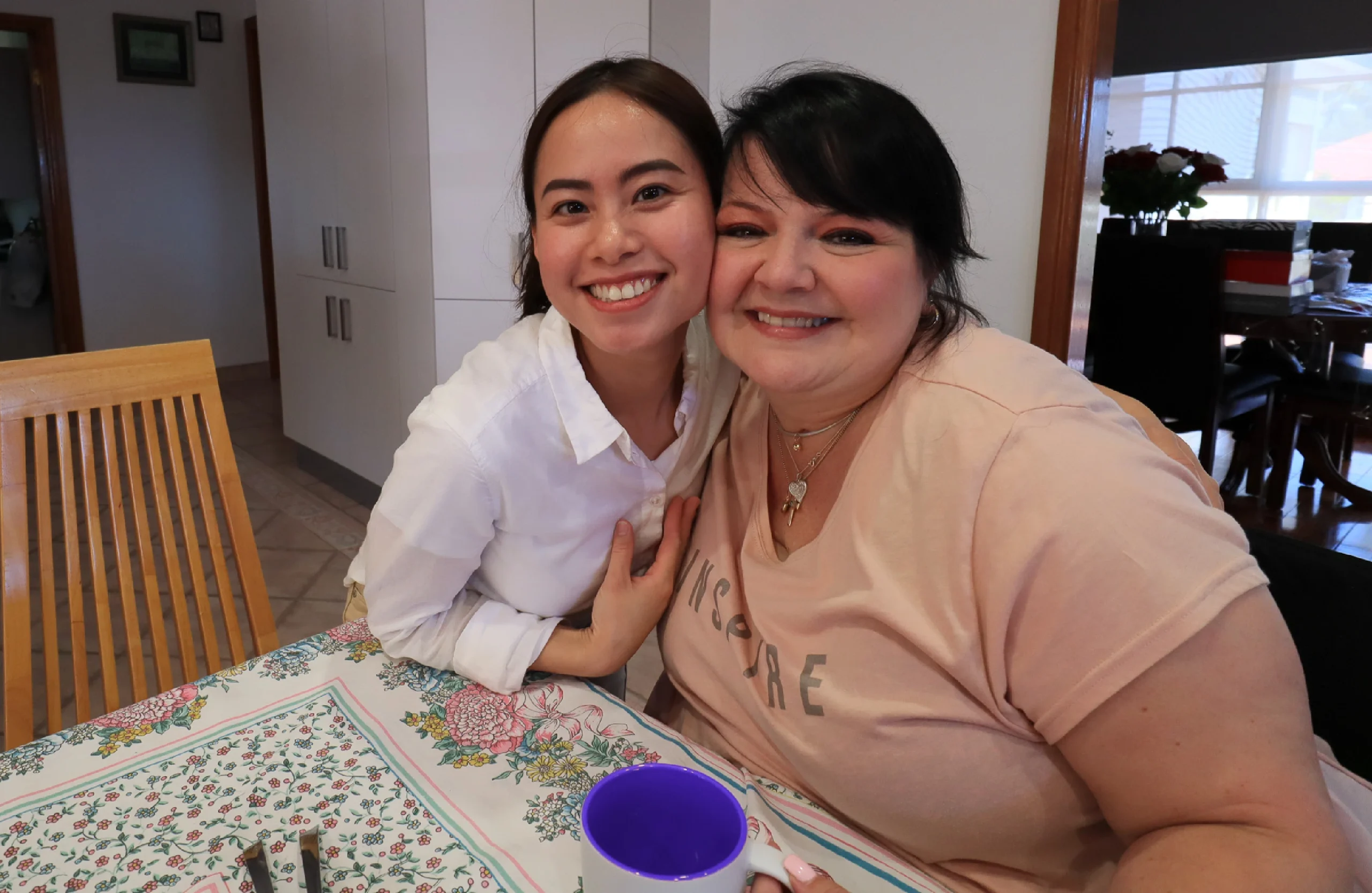

The latest from Leora
Inspiring stories, industry updates, informative content and more.
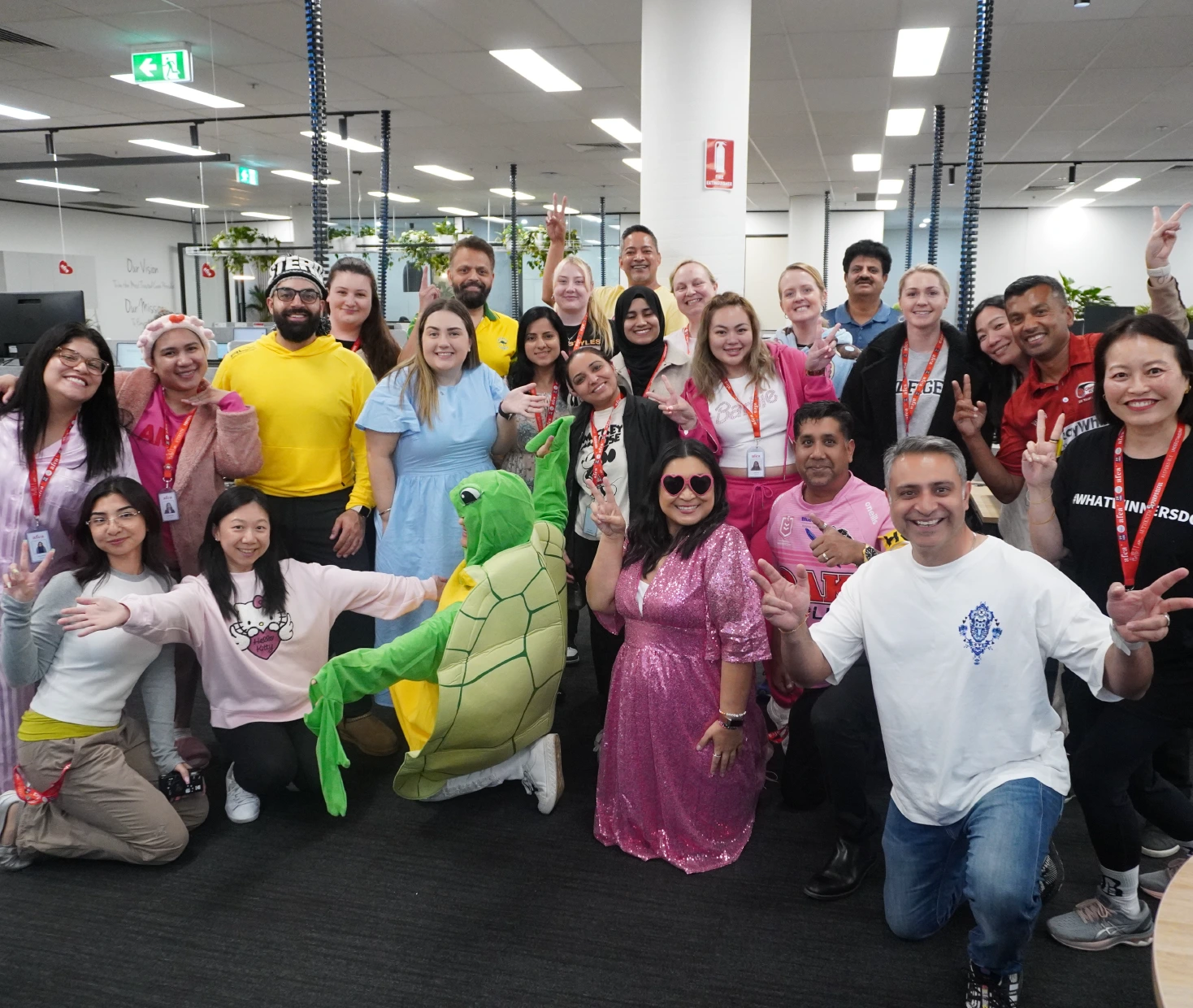
Supportive, empowering, flexible and inclusive! 
We’re the best place to work
We have been recognised as one of Australia and New Zealand’s Best Places to Work for four years in a row (2021-2024).
We’re always on the lookout for passionate and talented individuals to join our team and grow with us. Grab this incredible opportunity to make a difference in people’s lives!







